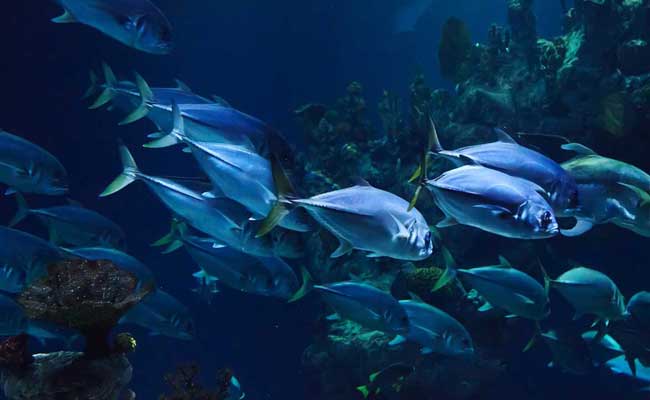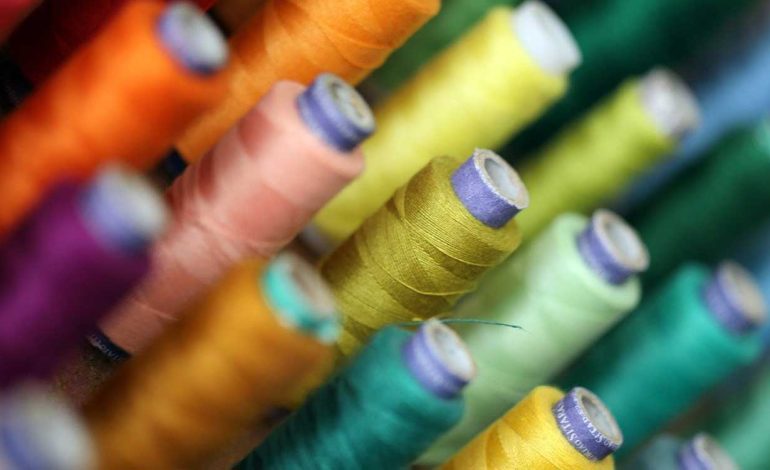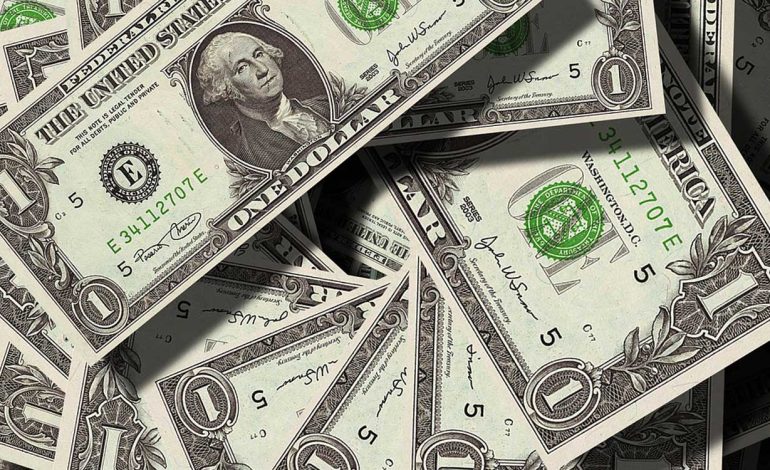The Blue Economy is considered to be a new frontier for Mauritius. The government aims to conserve and make use of the oceans, seas, and marine resources for sustainable development. Mauritius lays claims to an Exclusive Economic Zone (EEZ) of approximately 2 million square kilometres in the South West Indian Ocean. This EEZ still has a reasonable stock of various fish for both offshore tuna fishing and local artisanal fishermen who use basket traps, harpoons hook-and-line, and large nets.

However, even if deep-sea and big game fishing produces a better income than artisanal fishing, much of the lagoon and other areas that were traditionally fished have been overexploited. Consequently, the government is now providing incentives to fish in better areas, which are considered less convenient to some.
According to scientists, marine pollution, intensified agriculture, unrestrained tourism, and heavy industries are degrading the ocean and coasts, decimating mangroves, and stifling coral reefs. Limited environmental governance has contributed to an increase in erosion as the land mass of Mauritius decreases a little every year. However, the economic potential of the ocean is immense, and if the ocean was a nation, it would be the world’s seventh largest economy with a GDP of $24 trillion, according to a WWF report. It is not surprising, therefore, that the government is still committed to encouraging the development of the ocean with the hope that it will someday form an additional pillar of the economy.


